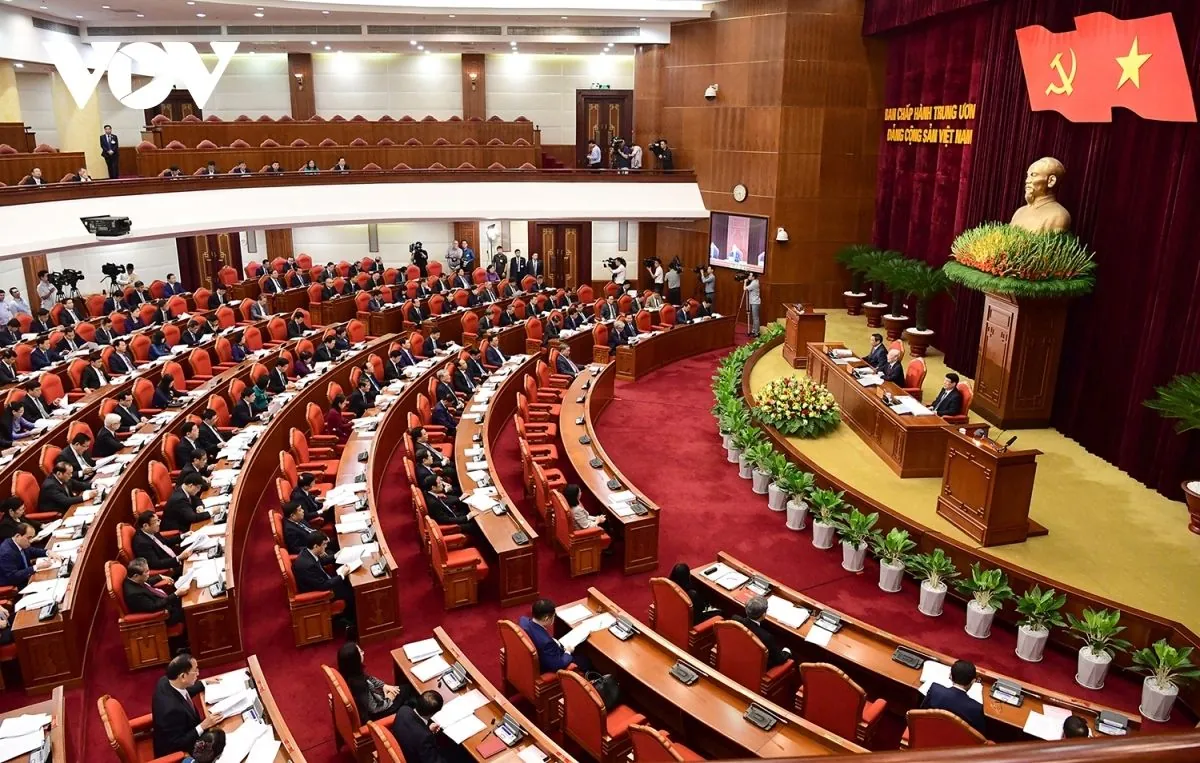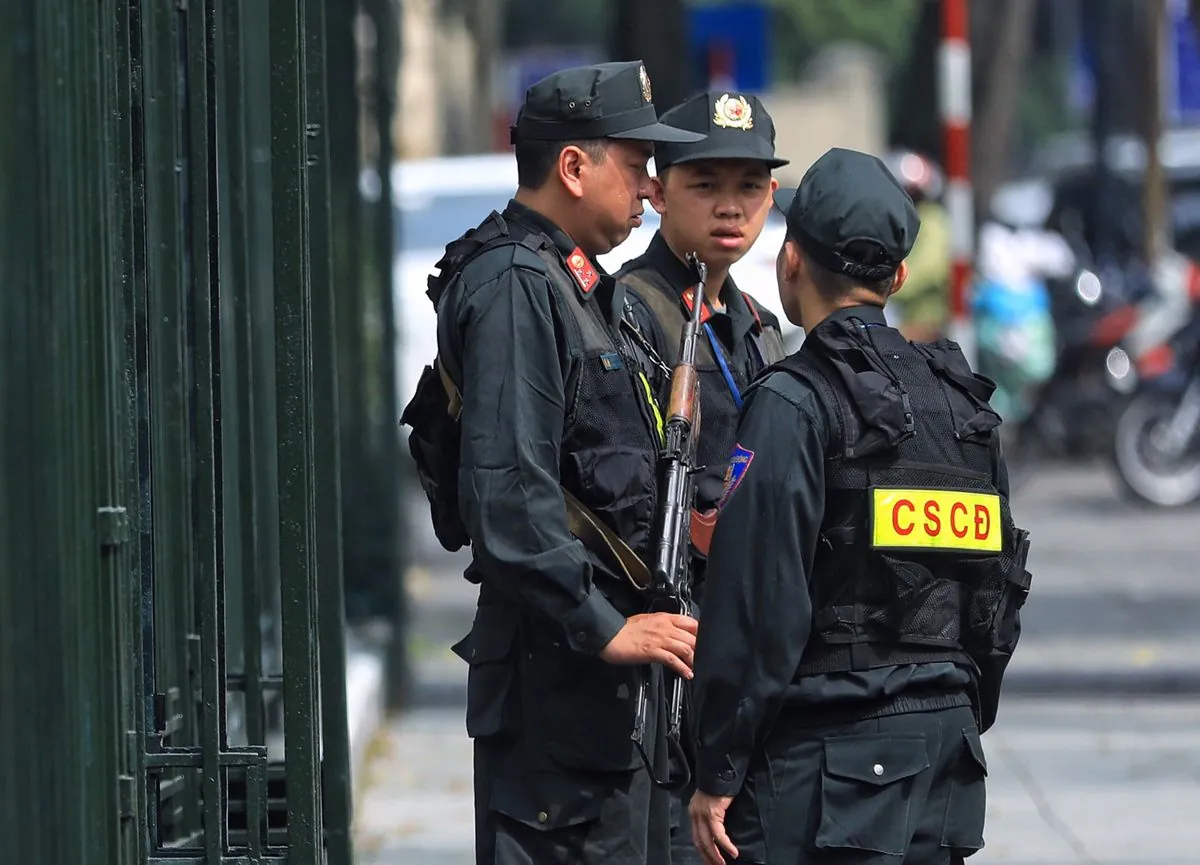Vietnam's Politburo Expands: Top Police Official Joins Elite Group
Vietnam's Communist Party adds senior police officer to Politburo, signaling security agency's growing influence. Move comes amid leadership changes and ongoing anti-corruption efforts in the country.

In a significant political development, Vietnam's ruling Communist Party has expanded its elite Politburo, adding the nation's top police official to its ranks. This move, announced on August 16, 2024, underscores the increasing influence of the country's internal security apparatus within the highest echelons of power.
Luong Tam Quang, aged 58, has been elevated to the Politburo, becoming its 15th member. This promotion follows his recent appointment as Minister of Public Security, a position he assumed less than two months ago. Quang's rise to prominence is part of a broader reshuffling of Vietnam's political landscape, which has seen former police officials occupy three of the four top leadership positions in the country.
The Communist Party of Vietnam, founded in 1930, has been the sole ruling party since the country became a socialist republic in 1976. The Politburo, typically consisting of 15-19 members, serves as the party's highest decision-making body. This latest addition to the Politburo comes at a time when Vietnam is experiencing significant political changes and economic growth.

Vietnam's leadership structure, known as the "four pillars," comprises the party chief, president, prime minister, and parliament chairman. In a recent turn of events, To Lam, who preceded Quang as Minister of Public Security, was appointed as the country's president in May 2024. Subsequently, in early August, Lam also assumed the role of party general secretary, considered the most powerful position in Vietnam's political hierarchy.
These leadership changes occur against the backdrop of a far-reaching anti-corruption campaign that has led to the downfall of numerous high-ranking officials, including former ministers, two presidents, and a house speaker. Despite this political upheaval, Vietnam has maintained its appeal as a major destination for manufacturing investment, largely due to its reputation for political stability.
Vietnam's economic reforms, known as Đổi Mới, initiated in 1986, have contributed to the country's impressive economic growth. With a population exceeding 97 million and an average GDP growth rate of 6-7% in recent years, Vietnam has emerged as a significant player in the global economy. The country is the world's second-largest coffee exporter and has become a major manufacturing hub for electronics and textiles.
The Communist Party's current personnel reshuffle, which includes Quang's promotion, is part of its 2021-2026 term strategy. The next major leadership transition is scheduled for the party's Congress in 2026, aligning with Vietnam's practice of periodic political renewal.
As Vietnam continues to navigate its path of economic development and political evolution, the country faces the challenge of balancing its socialist ideals with the demands of a rapidly modernizing economy. With a literacy rate over 95% and a diverse population comprising 54 officially recognized ethnic groups, Vietnam's future trajectory will be closely watched by both regional and global observers.
"The appointment of Comrade Luong Tam Quang to the Politburo is part of our party's commitment to strengthening leadership and ensuring national security. This decision reflects our ongoing efforts to adapt and respond to the evolving needs of our nation."
Vietnam's political developments occur within the context of its growing international engagement. The country joined ASEAN in 1995, the same year it normalized relations with the United States. As Vietnam continues to expand its global presence, the composition and decisions of its Politburo will play a crucial role in shaping the nation's domestic and foreign policies in the years to come.


































